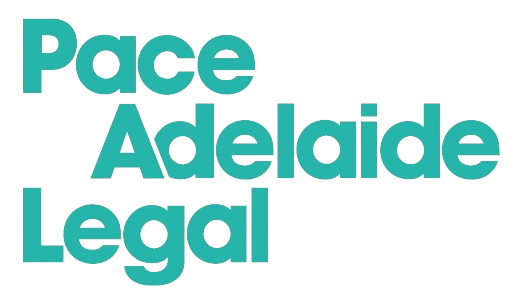Directors’ Duties & Governance

Directors are responsible for the management of the affairs of the company.
As a director, you must comply with your legal obligations under the Corporations Act 2001 even where you appoint an agent to look after your company’s affairs. Do not be caught unaware of your duties and liable to your shareholders and/or creditors.

1.Care and diligence
This duty requires a director to act with the degree of care and diligence that a reasonable person might be expected to show in the role (section 180). The duty is very broad and includes situations where directors may enter into reckless transactions without any prospect of producing a gain. The business judgment rule provides a “safe harbour” for a director in relation to a claim for a breach of care and diligence.
The business judgment rule (BJR) applies only to the duty to act with care and diligence and seeks to avoid unnecessary restrictions on proper entrepreneurial decision making of directors.
Section 180 (2) of the Corporations Act 2001 provides that a director who makes a business judgment is taken to meet the care and diligence requirements in respect of the judgment if they:
- Make the judgment in good faith for a proper purpose;
- Do not have a material personal interest in the subject matter of the judgment;
- Inform themselves about the subject matter of the judgment to the extent they reasonably believe to be appropriate; and
- Rationally believe that the judgment is in the best interests of the corporation.
2.Good faith
This duty requires a director to act in good faith in the best interests of the company and for a proper purpose (section 181). It includes a duty to avoid conflicts of interest and to disclose and manage conflicts when they arise. It is a duty of fidelity and trust (known as a ‘fiduciary duty’ in legalese) imposed by common law and a duty required in the Corporations Act 2001.
3.Not to improperly use position
This duty requires directors to not improperly use their position to gain an advantage for themselves or someone else, or to the detriment to the company (section 182).
4. Not to improperly use information
This duty requires directors to not improperly use the information they gain in the course of their role as a director so to gain a personal advantage or to cause detriment to the company (section 183).
When can director’s be held personally liable for the debts of the company?

Historically, to attach personal liability to a director, the Commissioner had to issue a Director Penalty Notice (DPN) allowing 21 days for a director to take action to avoid personal liability, ie by making the company to pay the debt or commence a formal insolvency appointment.
Changes to the DPN process came into effect on 30 June 2012 to reduce the scope for fraudulent phoenix transactions and or evade employee entitlements.
The key changes were:
- Directors’ penalties now include unpaid superannuation guarantee as well as unpaid PAYG;
- Directors can no longer discharge or extinguish a director penalty by placing a company into administration or liquidation when PAYG or superannuation guarantee remains unpaid and unreported 3 months after the due date;
- In certain cases, directors cannot access PAYG credits in their own tax returns where a company has not paid the ATO; and
- The Commissioner can estimate unpaid PAYG withholding and unpaid superannuation guarantee charge.
Non-payment of statutory obligations is a key indicator of insolvency.
Our skilled corporate law team can provide timely and pragmatic advice to assist you and the success of your company.
Be in touch
If you are interested in working together, send us an enquiry and we
will get back to you as soon as we can.






